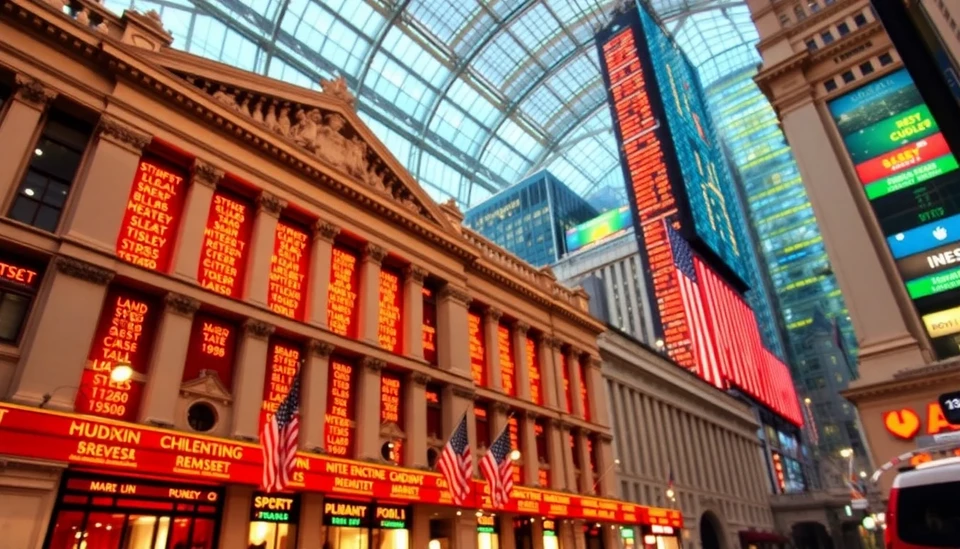
In a notable trend within the financial landscape, retail traders have consistently shown a willingness to buy into U.S. stocks. Recent data indicates that while there is still a significant influx of investments from individual investors, the momentum appears to be decreasing compared to previous surges. This shift has raised questions among analysts regarding the sustainability of this trend in the current market conditions.
According to reports, retail investment flows have been robust, but there are signs that the pace of buying is beginning to taper off. Factors at play include increased market volatility, economic uncertainties, and shifts in investor sentiment. The current landscape has seen many retail traders initially drawn in by the bull market and the potential for quick profits, but now they seem to be more cautious about their trading strategies.
The overall market performance has shown resilience; however, the gradual decline in the intensity of retail trading activity has led experts to speculate about what this could mean for future market directions. With many traders previously engaging heavily during the pandemic in 2020 and 2021, the enthusiasm may be waning as market dynamics evolve.
Market analysts highlight that several economic indicators, including inflation rates and interest rate hikes, have contributed to an environment where retail traders are reconsidering their positions. These factors pose increasing challenges, resulting in a more cautious approach among individual investors, who previously exhibited enthusiasm for riskier stocks.
Despite this slowdown, the retail segment of the stock market still remains significant. Many traders continue to focus on sectors that they perceive as undervalued or with potential growth — particularly technology and renewable energy stocks. However, the overall reduction in trading volume suggests that traders are becoming more selective, weighing their investment choices carefully against the backdrop of a shifting economic landscape.
Experts emphasize the importance of understanding these changes in retail trading behavior as they may have broader implications for market stability and trends moving forward. The evolution of investor sentiment could play a critical role in shaping the market's future, particularly in the face of ongoing economic challenges.
In conclusion, while retail traders continue to play a vital role in the U.S. stock markets, their pace of activity is clearly experiencing a slowdown. Whether this trend will shift back to increased engagement or continue on its current path remains to be seen. It underscores the ever-evolving interaction between economic factors and individual investment decisions in an increasingly complex market environment.
#RetailInvestors #StockMarket #InvestmentTrends #MarketVolatility #EconomicUncertainty #TradingBehavior
Author: Samuel Brooks

